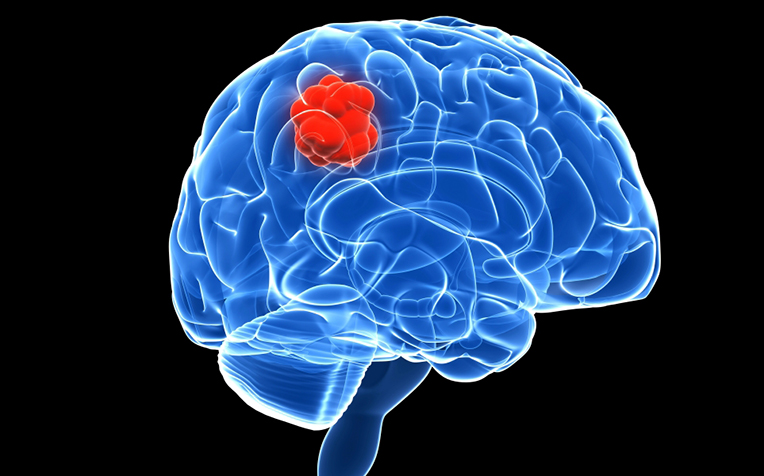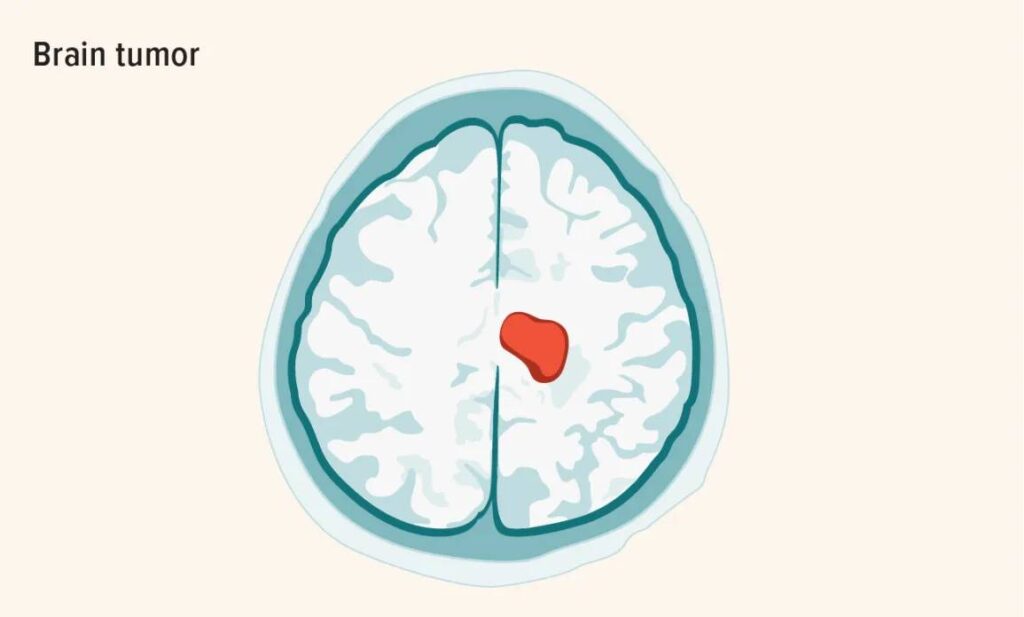Brain Tumor Surgery in Solapur
Overview
A brain tumor is a mass or growth of abnormal cells in your brain.
Many different types of brain tumors exist. Some brain tumors are noncancerous (benign), and some brain tumors are cancerous (malignant). Brain tumors can begin in your brain (primary brain tumors), or cancer can begin in other parts of your body and spread to your brain as secondary (metastatic) brain tumors. Specialist of vlasangkar hospital provide one of the best Brain Tumor surgeries in Solapur
How quickly a brain tumor grows can vary greatly. The growth rate as well as the location of a brain tumor determine how it will affect the function of your nervous system. The best brain injury treatment options in Solapur depend on the type of brain tumor you have, as well as its size and location.
As a super specialty hospital dedicated to the diagnosis, brain injury treatment, brain tumor surgery, and research connected to neurology, SP Institute of Neurosciences stands out among the neurological institutes in south-west Maharashtra. Dr. Shirish Padmakar Valsangkar founded the organisation in 1999. SP Institute of Neurosciences began small but has since developed into a massive Nu.
Our neurologists collaborate with a team of other doctors and specialists to establish the best treatment option for you. Working closely with the Neuro Surgery Unit, Renal Unit, Laboratory, Radiology, and Sonography departments, ICU Units that provide care for acute neurology emergencies, a team of dedicated physiotherapists who care for patients in need of neuro rehabilitation, and other areas, depending on your condition, is part of this. Having all of this experience working together guarantees that you get comprehensive care that is tailored to your specific needs.

Symptoms
The signs and symptoms of a brain tumor vary greatly and depend on the tumor’s size, location, and rate of growth.
- new onset or change in pattern of headaches
- Headaches that gradually become more frequent and more severe
- Unexplained nausea or vomiting
- Vision problems, such as blurred vision, double vision or loss of peripheral vision
- Gradual loss of sensation or movement in an arm or a leg
- Difficulty with balance
- Speech difficulties
- Feeling very tired
- Confusion in everyday matters
- Difficulty making decisions
- Inability to follow simple commands
- Personality or behavior changes
- Seizures, especially in someone who doesn’t have a history of seizures
- Hearing problems
Causes
Primary brain tumors begin when normal cells develop changes (mutations) in their DNA. A cell’s DNA contains the instructions that tell it what to do. The mutations tell the cells to grow and divide rapidly and to continue living when healthy cells would die. The result is a mass of abnormal cells, which forms a tumor.
- Gliomas. These tumors begin in the brain or spinal cord and include astrocytomas, ependymomas, glioblastomas, oligoastrocytomas, and oligodendrogliomas.
- Meningiomas. A meningioma is a tumor that arises from the membranes that surround your brain and spinal cord (meninges). Most meningiomas are noncancerous.
- Acoustic neuromas (schwannomas). These are benign tumors that develop on the nerves that control balance and hearing, leading from your inner ear to your brain.
- Pituitary adenomas. These are tumors that develop in the pituitary gland at the base of the brain. These tumors can affect the pituitary hormones, with effects throughout the body.
- Medulloblastomas. These cancerous brain tumors are most common in children, though they can occur at any age. A medulloblastoma starts in the lower back part of the brain and tends to spread through the spinal fluid.
- Germ cell tumors. Germ cell tumors may develop during childhood, where the testicles or ovaries will form. But sometimes germ cell tumors affect other parts of the body, such as the brain.
- Craniopharyngiomas. These rare tumors start near the brain’s pituitary gland, which secretes hormones that control many body functions. As the craniopharyngioma slowly grows, it can affect the pituitary gland and other structures near the brain.
begins elsewhere and spreads to the brain.
Types
Acoustic neuroma | Astrocytoma | Brain metastases | Choroid plexus carcinoma | Craniopharyngioma | Embryonal tumors | Ependymoma | Glioblastoma | Medulloblastoma | Meningioma | Oligodendroglioma | Pediatric brain tumors | Pineoblastoma | Pituitary tumors

Diagnosis
If it’s suspected that you have had brain tumor surgery in Solapur, Dr. Valsangkar may recommend a number of tests and procedures, including:
- A neurological exam. A neurological exam may include, among other things, checking your vision, hearing, balance, coordination, strength, and reflexes. Difficulty in one or more areas may provide clues about the part of your brain that could be affected by a brain tumor.
Imaging tests. Magnetic resonance imaging (MRI) is commonly used to help diagnose brain tumors. Sometimes a dye is injected through a vein in your arm during your MRI study.
A number of specialized MRI scan components, including functional MRI, perfusion MRI, and magnetic resonance spectroscopy, may help your doctor evaluate the tumor and plan treatment.
Sometimes other imaging tests are recommended in certain situations, including computerized tomography (CT) and positron emission tomography (PET).
Collecting and testing a sample of abnormal tissue (biopsy). A biopsy can be performed as part of an operation to remove the brain tumor, or a biopsy can be performed using a needle.
A stereotactic needle biopsy may be done for brain tumors in hard-to-reach areas or very sensitive areas within your brain that might be damaged by a more extensive operation. Your neurosurgeon drills a small hole into your skull. A thin needle is then inserted through the hole. Tissue is removed using the needle, which is frequently guided by CT or MRI scanning.
The biopsy sample is then viewed under a microscope to determine if it’s cancerous or benign. Sophisticated laboratory tests can give your doctor clues about your prognosis and your treatment options. Studying your biopsy sample and determining exactly which type of brain tumor you have is a complex process.
